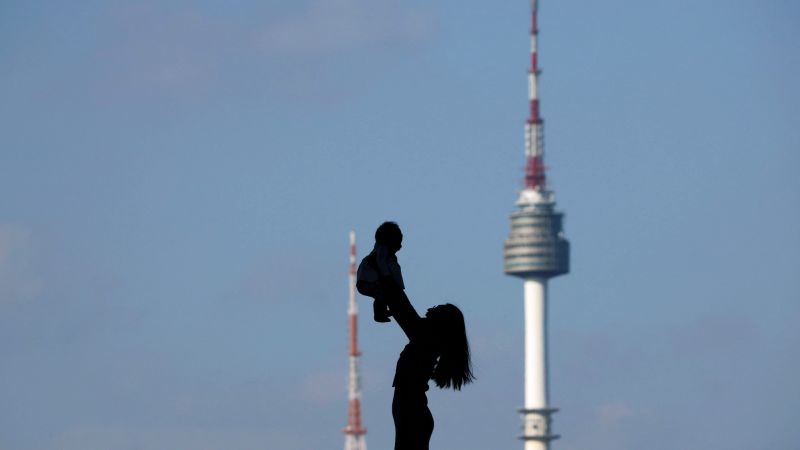South Korea, the country with the world’s lowest birth rate, expects it to fall even further in the next two years while its overall population is expected to plummet to levels not seen since the 1970s.
The new data underscores the demographic timebomb that South Korea and other East Asian nations like Japan and Singapore are facing as their societies rapidly age just a few decades after their dramatic industrialization.
South Korea’s total fertility rate, the number of births from a woman in her lifetime, is now expected to drop from 0.78 in 2022 to 0.65 in 2025, according to the government’s Statistics Korea.



On top of economic concerns there’s also infrastructure concerns. Small towns don’t have metro stations, or massive power grids, or skyscrapers. These things are far too expensive to maintain for how little use a small population would get out of it. So what happens if a metropolitan city suddenly has the population of a small town? All the infrastructure of that city is now way too big and expensive to maintain. The city would need to spend a lot of time and money downgrading their infrastructure. It’s much better for populations to increase or decrease gradually rather than a huge sudden change.